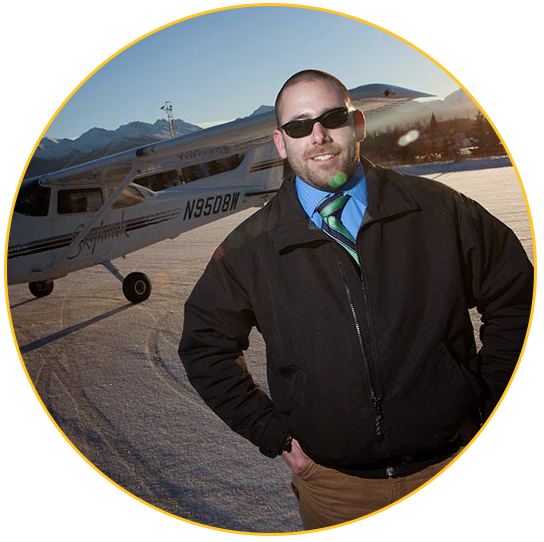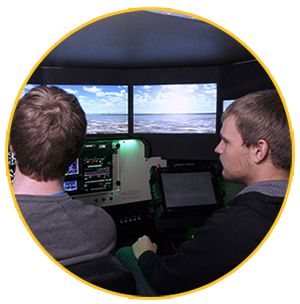Financial Aid
Because flying is part of the required curriculum for your college degree, any grants,
scholarships, or loans you receive can be used toward the cost of flying. We recommend
all students research financial aid opportunities thoroughly, and plan ahead with
a financial aid counselor to have a strategy for covering program costs before the
beginning of flight training. UAA's Financial Aid Website is a great place to start.
Veterans Benefits
Post 9/11 GI Bill®*
Students with Post 9/11 GI Bill® may be eligible to have flight costs covered, up to the minimum cost of each flight course.
Vocational Rehabilitation Benefits
Students using Vocational Rehabilitation benefits should speak directly to their case
manager to see what flight expenses may be covered.
Other Veterans Benefits
Other forms of veterans benefits such as tuition assistance will cover certain college
expenses, but usually do not cover flight costs. For more information, please contact UAA Military & Veterans Services a 907-786-6962.
*GI Bill® is a registered trademark of the U.S. Department of Veterans Affairs (VA).
More information about education benefits offered by VA is available at the official
U.S. government Web site at https://www.benefits.va.
gov/gibill.












